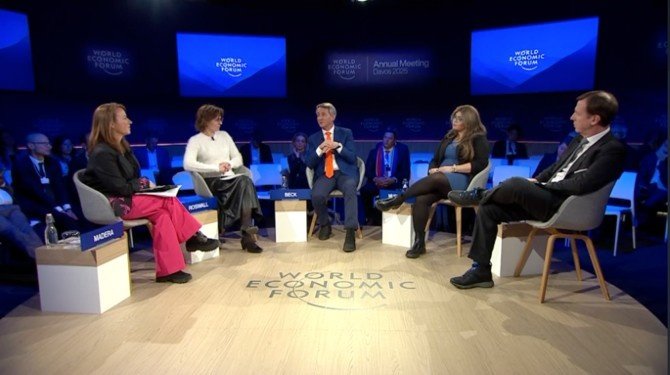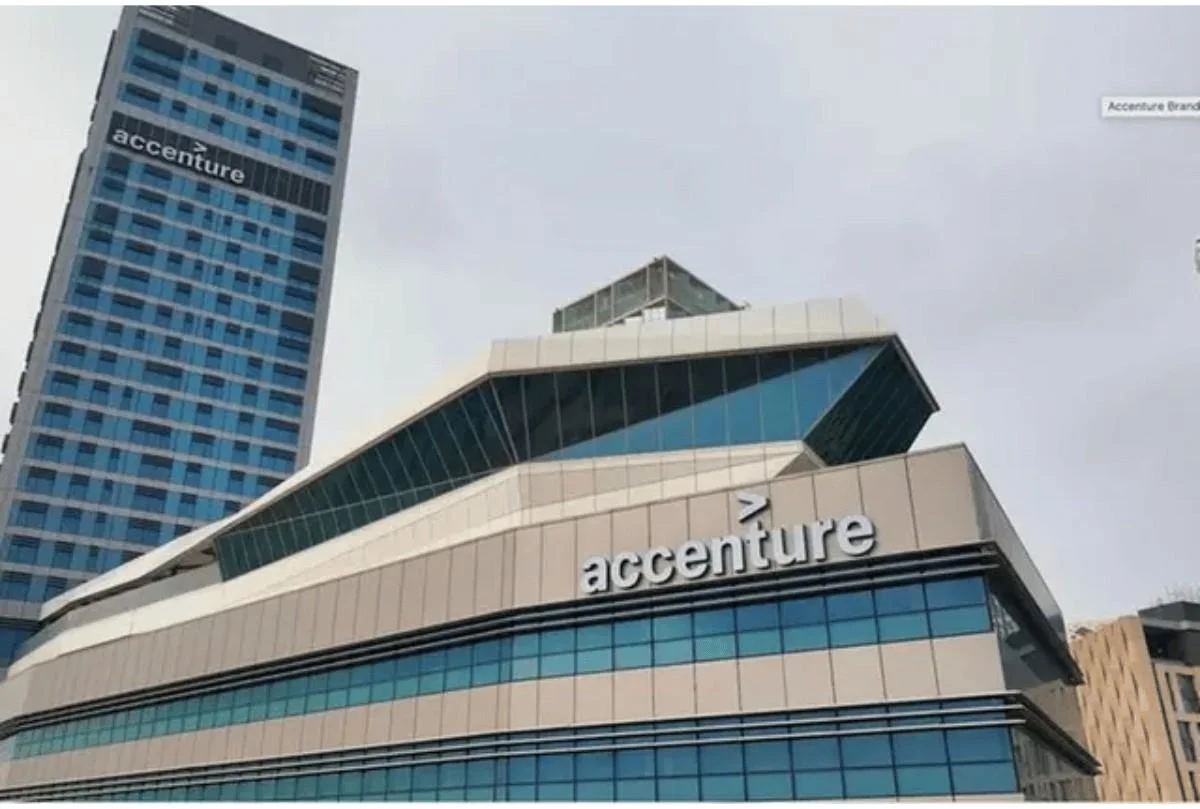At the World Economic Forum in Davos, a panel of experts discussed how artificial intelligence (AI) can play a significant role in reducing wastewater and facilitating resource recycling. Christophe Beck, Chairman and CEO of Ecolab, highlighted how countries are becoming aware of the importance of water for the production of semiconductors, which are integral to the AI chain. Beck explained that AI could be used to reduce wastewater, and emphasized the need to redesign systems to ensure water is recycled and not wasted.
Beck pointed out that up to 75% of energy used by power plants is consumed in managing, heating, cooling, transporting, and treating water. He stressed the importance of reusing and recycling water to save energy, money, and reduce carbon footprints. He also called for legislation to enable the use of new technologies in water recycling.
Beck’s initiative, the Water Resilience Coalition, aims to bring 150 companies together to make commitments to reduce water usage, enhance technology, and focus on the most critical water basins serving billions of people. This initiative hopes to provide water to 300 million people and improve business models to make water more accessible and sustainable.
Fabrizio Palermo, CEO of Acea, emphasized the importance of investing in water resilience. He mentioned that AI could help manage water infrastructure, some of which is over 50 years old, by enabling predictive maintenance and more efficient transportation systems. Palermo also called for net-zero water to minimize waste and reduce the burden on government health expenditures.
Fajer Mushtaq, CEO of Oxyle, warned of the impact of synthetic chemicals (PFAS) on water contamination in Europe. Mushtaq emphasized the need for regulations and corporate responsibility to address the issue of water safety and treatment, especially regarding micropollutants.
The panel’s discussion underlined the need for technology, investment, and regulations to create a more sustainable water system and address the looming challenges of water scarcity and pollution, which threaten global health and economic stability.















